The traditional 9-5 office job is becoming a thing of the past. Companies today are adopting new and creative work arrangements to attract top talent, keep employees happy, and boost productivity. Here are some of the biggest trends changing the modern work environment.
Working from Home
Remote work has gone mainstream. Thanks to video conferencing apps and cloud collaboration tools, employees can work productively outside of the office. Studies show that remote employees enjoy greater work-life balance and are less stressed. Companies benefit from reduced real estate costs and can hire talent outside of their geographic area. Many businesses now offer remote work options for a few days a week. Some roles can even be 100% remote.
Flexible Scheduling
In the past, every employee had to be present 8am-5pm. Today’s companies are providing flexibility through options like:
- Flex time – Employees choose their start and end times within set limits
- Condensed schedules – Working full-time hours in fewer days per week
- Shift flexibility – Adjusting schedules periodically to accommodate needs
This allows employees to work when they are most productive and tend to personal needs. Parents can better manage school schedules and activities. Employees can avoid traffic by starting earlier or later. The emphasis is on getting work done effectively, not just putting in face time.
Unlimited Time Off
Rather than allotting a fixed number of vacation days, many companies offer unlimited paid time off. Employees can take time as needed, while managers ensure work is covered. This perk makes taking needed breaks easier and enhances work-life balance. It also indicates a high level of trust between leadership and staff. Workers can take time to recharge without feeling guilty.
Company Perks
Top companies are offering incredible perks like free meals, snack stations, on-site gyms, massages, nap rooms, video game lounges, and more. These privileges enhance morale, promote health, encourage bonding, and show employees they are valued. Perks make coming to work fun. A survey found that nearly 80% of workers would prefer new perks over a pay raise. The perk war is heating up as companies compete for talent.
Coworking Spaces
To accommodate remote work, some companies opt for coworking spaces over traditional offices. These shared workspaces offer desk rentals, meeting rooms, event space and amenities. Freelancers, startups, and mobile employees often use coworking spaces for the flexibility, community, and built-in resources.
Conclusion
The workplace is transforming with flexibility, perks, and employee experience as the focus. Offering these types of arrangements can help attract top talent in a competitive job market. The future of work is here. Is your company ready?



